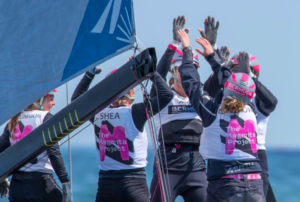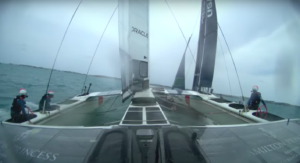MCA targets paddleboarders as RNLI tasked to multiple incidents
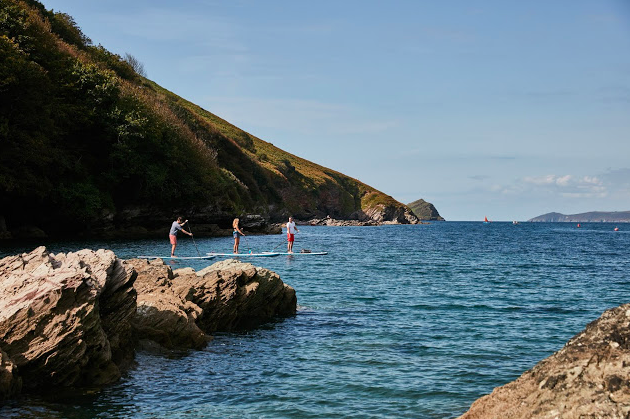
The Maritime and Coastguard Agency has issued a series of safety tips for paddleboarders. It recognises that this is one of the fastest growing watersports as it’s enjoyed by people of all ages and abilities, and is relatively economical.
With staycations looking like the norm this summer, and numbers of paddleboarders likely to increase, the agency is urging people to make sure they know what they’re doing, and that their ‘experience is memorable for all the right reasons’.
The agency’s safety tips include wearing a flotation device, taking a mobile phone, and understanding wind and tides. It also asks people to identify their SUP with a name and phone number.
The RNLI has already been called to multiple paddleboarding incidents this spring.
Two paddle boarders were rescued by Appledore RNLI on Saturday 24 April, having been blown out from Westward Ho! Beach.
The two casualties were blown a considerable distance off shore, but they and their boards were brought back to the lifeboat station in safety.
Online commentators have been busy suggesting that the casualties were unprepared: “dangerous conditions with this strong offshore, shouldn’t be out ….And not wearing buoyancy aids ….. I keep seeing this with people on SUP’s when we are out on the Kayaks….some a long way out to be without any kind of buoyancy aid….crazy!” while another surmises that paddleboards are “perhaps the most impractical vessels ever built”.
A social media comment, believed to come from one of the casualties, which goes on to thank the RNLI says: “Thanks so much guys and gals . . . yes it was a bloody stupid thing to do . . I’d like to think I’m pretty clued up when it comes to the ocean, but I got it wrong today, just goes to show how easily and fast it can all go wrong.”
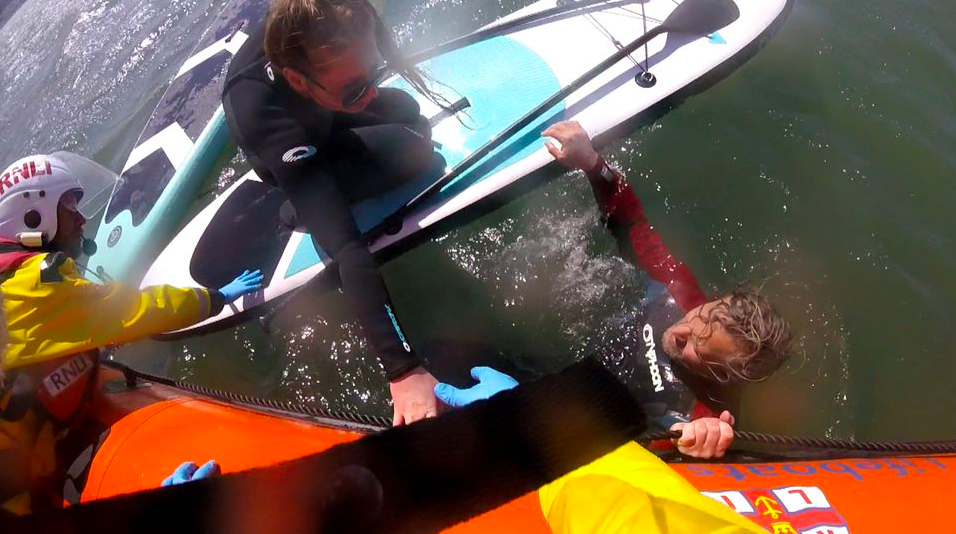
This follows an incident in early April, when Appledore RNLI rescued a lady off Saunton Beach.
When the coastguard was first notified, she was approximately 200 yards from the beach, but by the time the lifeboat reached her, just 15 minutes later, she was approximately three quarters of a mile out to sea due to the tide and strong easterly wind.
She was picked up by the inshore lifeboat, cold, exhausted and frightened, and returned to her partner and waiting coastguards.
The casualty explained to the crew she had never meant to go out of her depth. An experienced cold water swimmer, she had recently bought an inflatable paddleboard from a local supermarket and tried it out in, what she perceived to be, good conditions with the beach relatively sheltered from the wind.
But she was horrified to find that it floated so high in the water that it acted like a sail, catching the wind and quickly blowing her away from the shore.
While emergency services will always launch to those in need, the RNLI says identification of property is key to resource management.
The need for this is highlighted by an incident in March 2020 when a kite rig was recovered from the Solent but the kitesurfer was not with the rig and therefore presumed to have drifted away with his board. This saw the RNLI searching for six hours while the missing kitesurfer was ashore safe and well. Since then, Lymington RNLI has started a social media campaign to help reach water users and to ask for their support in marking their equipment with name, phone number and alternative contact number.
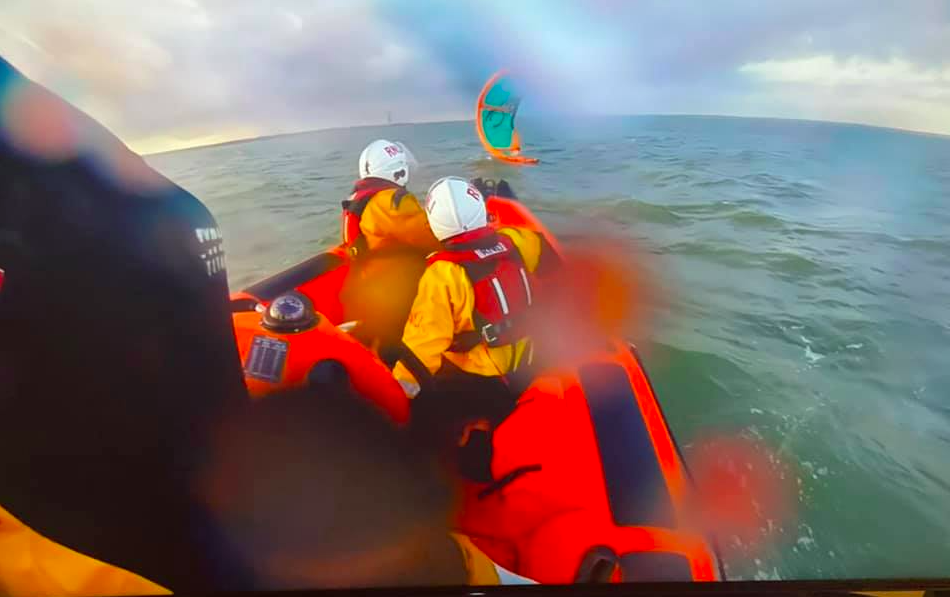
“We’re expecting more people to take their holidays in the UK again this year and to enjoy recreational watersports, whether they’re beginners or more experienced,” says James Instance, coastguard controller based at Falmouth Coastguard operations centre. “And we’d encourage everyone to do it safely so it’s a fun rather than a frightening experience.”
Instance notes that while sea water temperatures are now slowly starting to warm up, extra care needs to be taken at this time of year as the water is still cold. Cold water shock can set in when the water temperature is 15°C and below.
“Cold water shock doesn’t discriminate and can happen to the most experienced of people. It’s very dangerous because your body reacts by gasping for air so if you fall off your board, the risk of getting into difficulty is very real and it happens quickly. So if you’re setting out for a paddle, it pays to be paddle-prepared so you’ve got the best chance if the worst happens. Ideally wear a wet suit, a flotation device and a leash so you can stay with your board,” Instance says.
Main image courtesy of Alexander Rhind for Red Paddle Co. Other images courtesy of RNLI.


